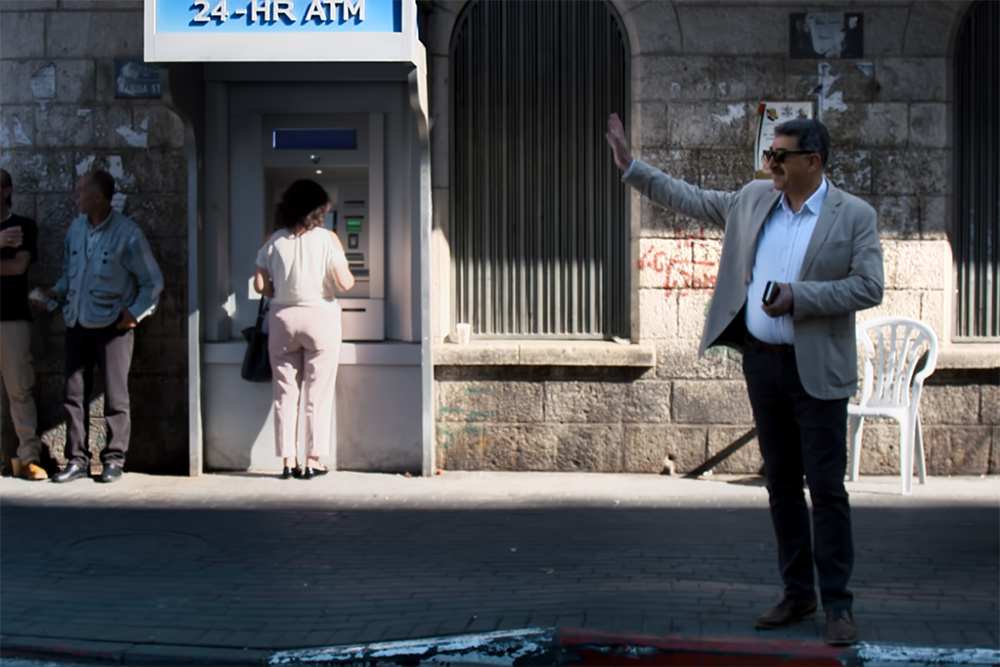
Screen Time is your curated weekly guide to excellent documentaries and nonfiction programs that you can watch at home.
In this 2019 documentary from Germany-based DW Documentary, Afghanistan—Land of Endless War, the narrators are all women. They talk about their hopes, their fears, and the many ways in which war has shaped their identities. The film is a revelation in the way it makes us reexamine our biases against Muslim women of Afghanistan.
In BBC’s Afghanistan in the 1950s: Back to the Future, Afghan journalist Saeeda Mahmood, introduces us to the Afghanistan that existed before it became a battleground. Using filmmaker Glenn Foster’s films from the 1950s, this documentary resurrects a country that modern-day politics has wiped off our imagination.
In another act of reclaiming a lost land, Syrian artist Mohamad Hafez makes use of found objects to recreate his hometown of Damascus. In The New Yorker’s latest documentary, A Broken House, director Jimmy Goldblum explores Hafez’s lost-and-found world of radio switches, Christmas ornaments, dried plants, and more.
“How do you run a city if you don’t have a country?” is a question the mayor of the Palestinian capital city of Ramallah often asks himself. In Mayor, director David Osit acquaints us with Mayor Musa Hadid, who tries to run a city under the looming shadow of Israel.
Jean Rouch and Edgar Morin’s 1961 documentary Chronicle of a Summer, now streaming on The Criterion Channel, begins by asking everyday Parisians one simple question: “Are you happy?”, a seemingly innocuous question that opens up a commentary on the ongoing Algerian War and other socio-political issues of the time.
In 1987, filmmaker Henry Hampton made the seminal documentary series, Eyes on the Prize: America's Civil Rights Years (1954–1965). A new documentary, Eyes on the Prize: Hallowed Ground, now playing on HBO Max, honors Hampton’s legacy, builds a memorial to Black liberation and “is a mystical and lyrical reimagining of the past, present, and future.” The film is executive-produced by Patrisse Cullors, Mervyn Marcano, Melina Matsoukas, Joy Gorman Wettels, Bedonna Smith, Judi Hampton, Sandra Forman and Sophia Nahli Allison.